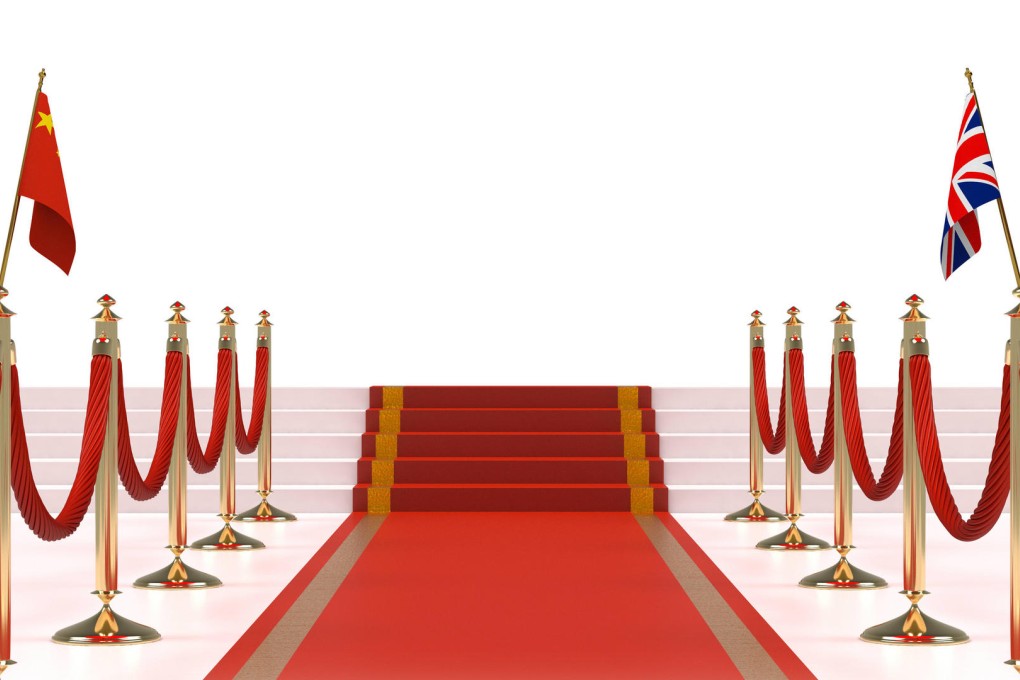'The reddest red carpet' will be unfurled to ensure successful President Xi Jinping state visit to Britain
Britain is pulling out all the stops for Xi Jinping's state visit as Beijing looks for investment and London is willing to oblige

When President Xi Jinping arrives in Britain on Monday it will mark "a game-changing moment" in the relationship between the two nations.
Over the past decade the talk has been of a "strategic partnership", but things have most definitely moved on in recent months.
Ten years after the last visit to Britain by the Chinese head of state there is a lot more at stake than simply strengthening Sino-British ties.
While Beijing needs overseas markets to ensure continuing economic growth, London just loves foreign investment like never before.
Put simply, Britain is desperate to become "China's best partner in the West" and apparently it will go to any lengths to secure that moniker.
Such is the importance of the five-day visit that nothing will be allowed to derail the deal-making, not even weighty issues such as Tibet, Hong Kong or human rights.
While in Britain, Xi will announce multibillion-pound investment deals while other agreements will be sealed and understandings reached on a range of ventures.